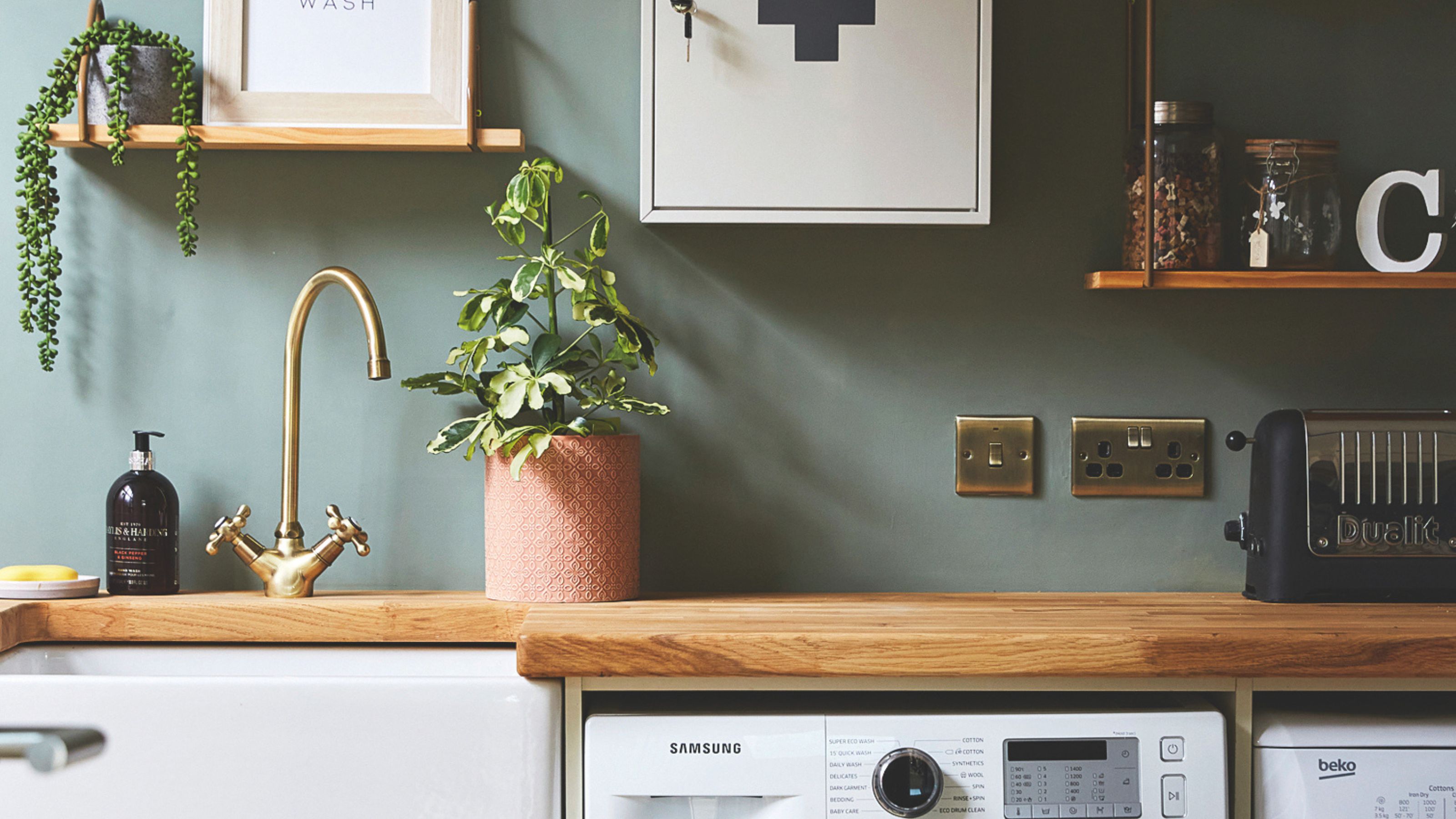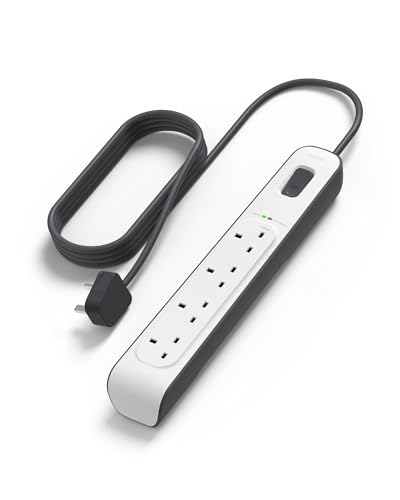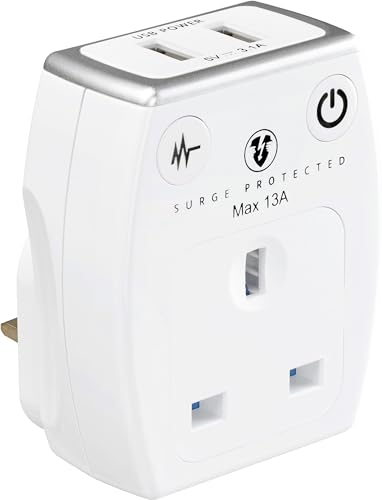The simple reason you should always unplug appliances during a thunderstorm – even in the UK
If lightning is due to strike, protect these appliances just in case and here's why


Thunderstorms in the UK might feel short-lived and harmless, but they can cause actual damage to your home, even in the UK and according to experts, particularly to your appliances.
According to the Met Office, thunderstorms develop when the atmosphere is unstable and activity in the UK varies significantly year on year. However, they are typically concentrated in the warmer months, May to August, when atmospheric conditions are most conducive to thunderstorm development.
While power surges are rare, they can cause serious damage when they do happen, so it's worth taking a few seconds to unplug any non-essential appliances – especially in the event of a direct lightning strike to a home or the ground nearby.
Why unplug appliances during thunderstorm?
The biggest risk to appliances during thunderstorms comes from lightning striking a house or very close to it. However, overhead networks are designed to withstand lightning, and any surge would be safely dispersed before it would get anywhere near your appliances.
The Energy Networks Association told us that if there is a lightning strike on the local overhead line network, there are surge arrestors installed which protect the network and customer connections from the electrical surge by directing it into the ground; substation earthing works in the same way for a direct strike on ground mounted network infrastructure, so there is no requirement for customers to disconnect their appliances in a storm as the network earthing should protect them.

A representative from ENA, which represents the UK's electricity network operators, said:
'The potential for power surges should not be a significant risk to people’s homes in the UK. In extreme weather, the risk of power cuts does increase - we would recommend everyone takes time to prepare for the impact of a power cut by following the steps on our website, powercut105.com.'
Sign up to our newsletter for style inspiration, real homes, project and garden advice and shopping know-how
The real danger is only if there is a direct hit to a property. When this happens, the energy can surge through the home's wiring and affect plugged-in devices, particularly electronics with sensitive components.
When should you unplug your appliances?
The Met Office issues thunderstorm warnings when conditions are likely to produce lightning, heavy rain and gusty winds. These come in yellow, amber and red levels, and if your area is even in a yellow one (the least severe), it's still a good idea to switch off anything you're not actively using.
'If your power has gone out, unplug all your smaller appliances and electrical equipment,' advises Paul Collins, Technical Director of NICEIC, the UK's leading certification body for the electrical industry.
'Additionally, switch off larger appliances, such as electric showers, using the switches. Doing so will prevent any electrical surge damage that may occur when the electricity is eventually restored. This advice is also essential during an electrical storm, to protect appliances from potential lightning strike power surges.'
And if your home is hit by lightning or experiences a power surge, Paul says you should first contact a NICEIC- registered electrician to assess any electrical damage to your home and ensure an electrical installation condition report (EICR) is issued to inform the repairs needed.

Which appliances should you unplug?
Now, you don't need to unplug everything in panic, but switching off and unplugging high-value, non-essential appliances is a smart move – especially if you're heading out or going to bed. The Met Office recommend switching off the following:
- TVs
- Microwaves
- Coffee machines
- Smart speakers
- WiFi routers and smart hubs
- Computers and laptops
Kettles, toasters and washing machines are less likely to be affected, but if it's easy to unplug them, it wouldn't hurt.
Should you install surge protectors?
Surge protection plugs and extension leads can offer some defence, but they're not always enough against a strong surge or a direct hit. The safest approach is to unplug appliances entirely if lightning is in the area.
Shop surge protectors
So there you have it, it only takes a few seconds to unplug a coffee machine, router or laptop, and it could save you from an unexpected repair or replacement cost. Better safe than sorry.

Jenny is Senior Digital Editor and joined the team in 2021, working across Ideal Home, Real Homes, Homes & Gardens, Livingetc and Gardeningetc. Since getting on the property ladder, her passion for interior design and gardening has taken on a new lease of life. She loves collecting and salvaging unique items (much to her other half's despair) but sniffing out stylish home bargains is her one true love.


![Tower Extension Lead, [13a 3250w] Surge Protector Extension Lead,8 Ac Outlets & 4 Usb Ports Multi Plug Socket Power Strip With 3m Extension Cable for Home, Office: Amazon.co.uk: Electronics & Photo](https://cdn.mos.cms.futurecdn.net/YhS35gZmxGgGZYkTcuM2f4.jpg)